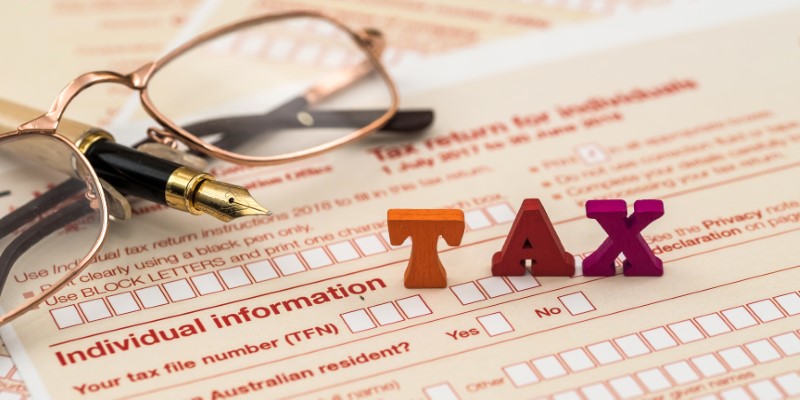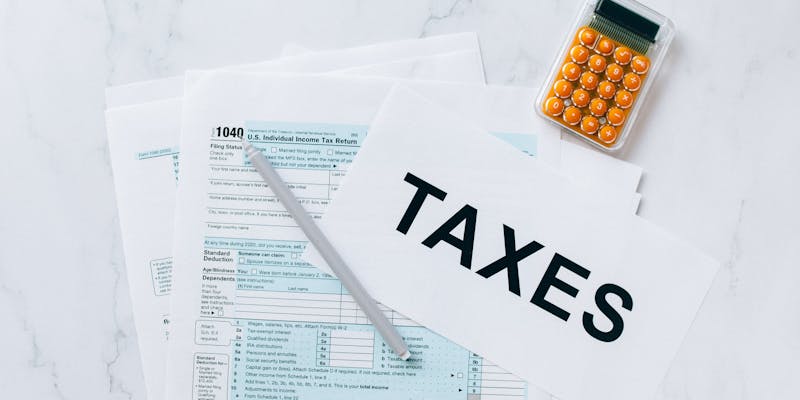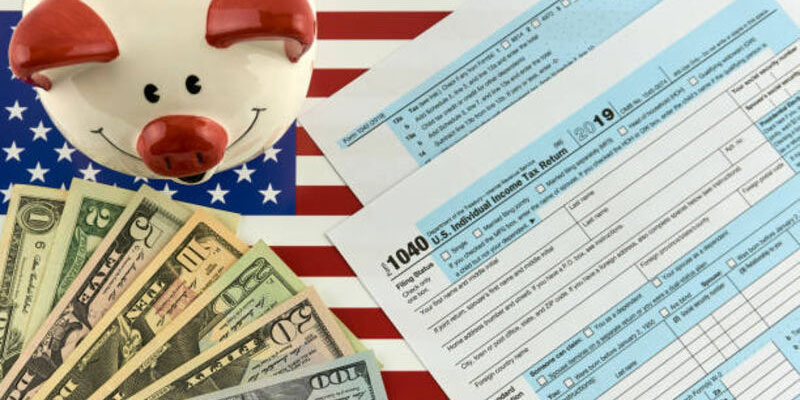Maintaining organization with your financial documentation is essential if you work as a freelancer, self-employed, or entrepreneur, particularly around tax season. However, understanding tax forms such as Form 1099-NEC and Form 1099-K might be confusing. These forms look similar, but they have different functions and provide important information about your income.
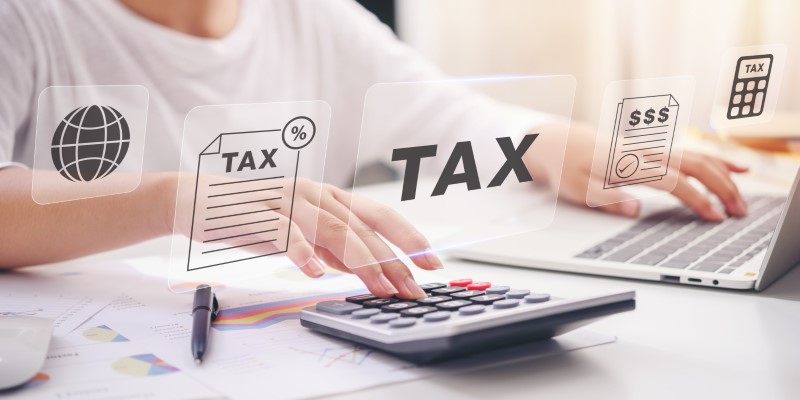
To ensure accurate reporting of your earnings and avoid any tax time confusion, it is essential to understand the differences between these forms. Let's explore the contents of each form and their importance for your tax filing process.
What to Know About Form 1099-NEC?
IRS Form 1099-NEC is used to record non-employee compensation for non-employees as independent contractors or freelancers. Businesses use this form to compile the total compensation paid to contractors for the entire tax year. Contractors are eligible for a Form 1099-NEC if they are paid $600 or more by a business in a calendar year.
Businesses must provide contractors with Form 1099-NEC in order to assist the IRS in confirming the self-employed workers' income. Penalties from the IRS may be assessed if contractors are not given this form before the deadline. For independent contractors, Form 1099-NEC is essential for filing taxes because it summarises revenue received from different sources.
Contractors can complete their tax duties and appropriately record their earnings by using the information on this form.
Understanding Form 1099-K
An IRS form called Form 1099-K is used to report transactions made with third-party networks and credit cards. Payments made with debit, credit, and prepaid cards, as well as through third-party networks like PayPal, Square, Uber, and Airbnb, are the main uses for it. Settlement organizations are in charge of providing independent contractors or vendors that are paid through these networks with Form 1099-K.
In compliance with IRS requirements, freelancers or contractors who surpass specific criteria are required to get a Form 1099-K. In particular, they are eligible to receive a Form 1099-K if they receive more than 200 transactions and more than $20,000 in payments via the card or network or if they get any transactions totaling more than $600 in payments.
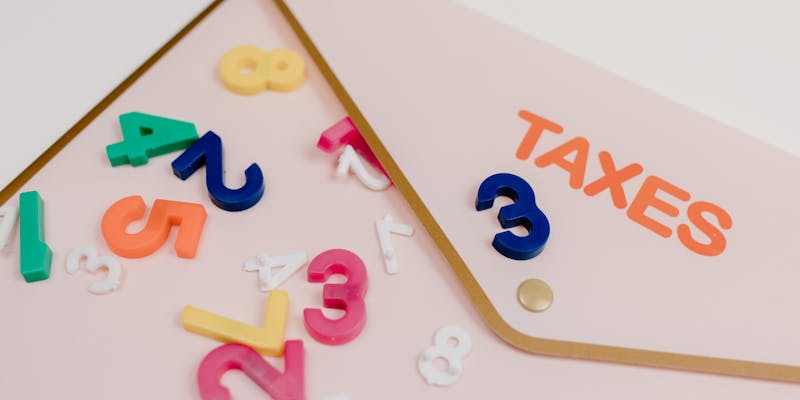
Businesses may obtain Form 1099-K if their company achieves the transaction level, even though they normally do not issue this form themselves unless they run a third-party settlement network. As a result, it's critical that companies understand these reporting obligations and guarantee that IRS rules are followed.
In order to streamline the reporting process and guarantee compliance with tax requirements, the platform may automatically prepare and distribute Form 1099-K to qualified freelancers or vendors who meet the IRS reporting criteria for firms using payment processing services.
Differentiating Form 1099-NEC from Form 1099-K
Here is a simple differentiation between Form 1099-NEC and Form 1099-K:
Payment Mechanisms
Forms 1099-K and 1099-NEC cover different payment mechanisms and these differences are substantial. All online payments made via credit cards, third-party apps like PayPal and Venmo, and purchases made on websites like Fiverr and Amazon are included in Form 1099-K.
However, a wider range of payment options are covered by Form 1099-NEC, such as direct deposits, credit cards, conventional checks, and electronic transfers made through ACH (Automated Clearing House). This distinction highlights the extensive breadth of tax reporting requirements for various sources of revenue, reflecting the variety of payment methods used by freelancers and corporations to conduct transactions.
Income May be Recorded More than Once
It is not uncommon for individuals or organizations who receive payments through several channels to record income on both Forms 1099-NEC and Form 1099-K. For example, you will probably receive a Form 1099-NEC from a business if you supply them services and they pay you directly. Nevertheless, the payment processor, such as Square, will issue a Form 1099-K to report those transactions if you also take credit card payments for your services.
To avoid reporting the same income twice in situations such as these, it is essential to keep reliable records. You may make sure that you report your income correctly when filing your taxes by verifying your records with the data on the 1099 forms. This guarantees compliance with tax laws and helps prevent overpayment of taxes.
Requirements for Corporations May Vary
Businesses may not need to produce Form 1099-NEC based on how their legal structure is set up. Generally speaking, companies that choose to organize as S or C corporations are exempt from having to issue Form 1099-NEC to their suppliers and contractors. Financial institutions must still deliver Form 1099-K to all firms that satisfy the bank card income criteria, irrespective of their legal form.

This implies that if you meet the requirements for reporting bank card transactions, banking institutions may still send you a Form 1099-K even if your company is incorporated. Non-profit organizations also fall under the requirement to receive Form 1099-K if they meet the threshold for bank card revenue.
Different Reporting Styles
Payment settlement firms are in charge of handling online transactions and enabling payments between clients and independent contractors or vendors; they are usually the ones who file Form 1099-K. Financial organizations such as banks and internet payment gateways like Square or PayPal are examples of these companies.
However, in order to disclose non-employee pay to independent contractors, freelancers, or other service providers, businesses and individuals individually submit Forms 1099-NEC. This unique division of reporting organizations guarantees accurate documentation and timely reporting of income from several sources to the IRS for tax purposes.
The Bottom Line!
Understanding Forms 1099-K and 1099-NEC in detail is essential for effective tax reporting. Even though these documents might seem confusing at first, knowing why they are used can make filing taxes much easier. Recall that tax season doesn't have to be too stressful for both people and companies.
You can simplify and reduce the workload associated with tax preparation by choosing the appropriate electronic filing solution. Dealing with your taxes gets easier when you have the necessary resources and information at your disposal, assuring compliance and peace of mind.
